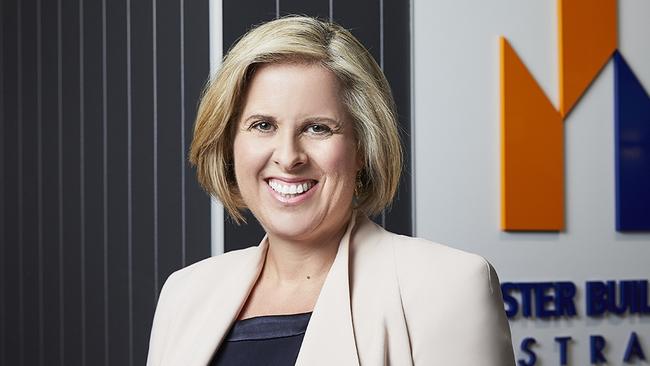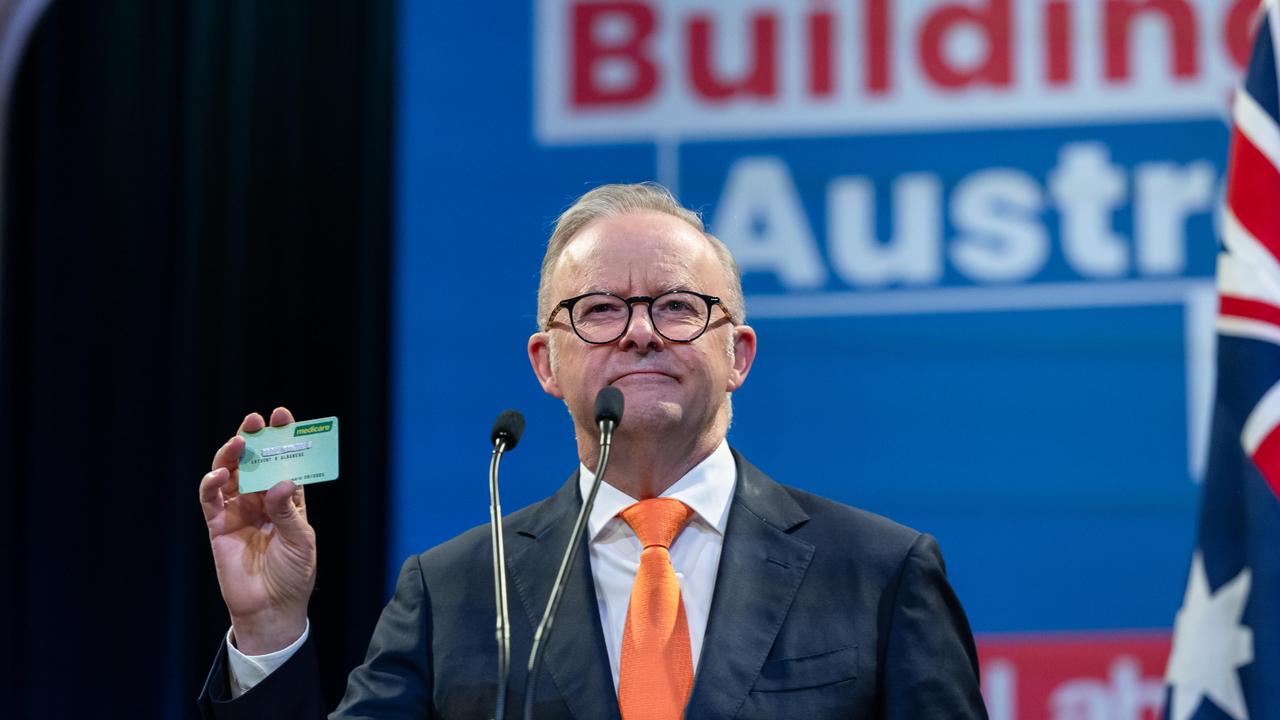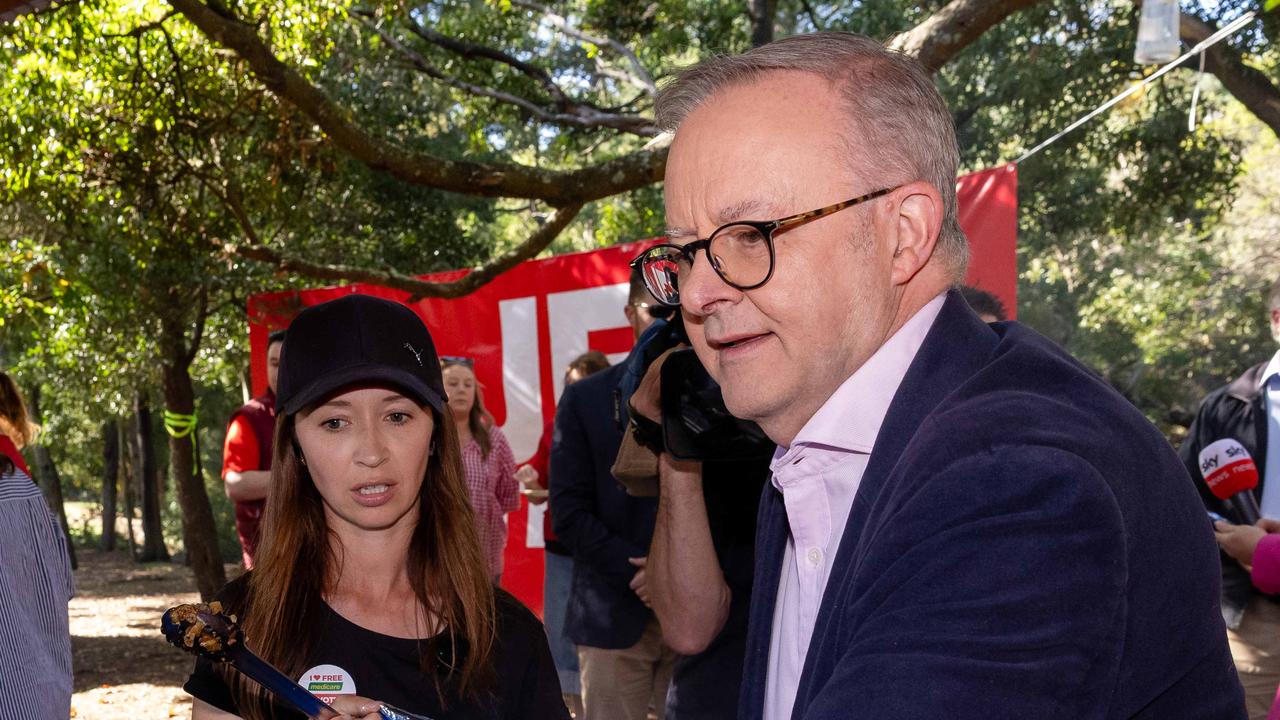Employers threatened revolt over ACTU deal
Major employer groups warned the government they would publicly campaign against it on industrial relations unless a landmark agreement between big business and the union movement was junked.

Major employer groups warned cabinet ministers and the Prime Minister’s office they would publicly campaign against the government on industrial relations unless Christian Porter junked a landmark agreement between big business and the union movement.
The Weekend Australian can reveal how four key industry associations – the Australian Industry Group, the Australian Chamber of Commerce and Industry, Master Builders Australia and the Australian Mines and Metals Association, launched a co-ordinated lobbying campaign of Coalition ministers and backbenchers after Mr Porter personally presented a proposal by the Business Council of Australia and the ACTU to rewrite the enterprise bargaining laws to a confidential meeting of employers and unions.
Mr Porter believed the proposal, developed during two months of secret talks between BCA chief executive Jennifer Westacott and ACTU secretary, Sally McManus, was worth considering and had hoped it would be sensibly discussed by the members of the working group on enterprise bargaining. But the four employer groups immediately moved to kill it off, the business lobbyists telling ministers there were “not going to cop it”.
“We started campaigning against the ACTU/BCA proposal the minute it was tabled,” AMMA chief executive Steve Knott told The Weekend Australian. “The same day the Group of 4 (employer groups) met and worked out a government minister, PM, backbencher and key stakeholder engagement process.
“This included electronic and face-to-face meetings to kill off this absurd two-stream proposal; such dialogue commenced on the same day and continued for several days until the Group of 4 were assured it wasn’t government policy.”
In a text message to a senior government adviser, seen by The Weekend Australian, MBA chief executive Denita Wawn asked how a Liberal government could even think about putting up a proposal she said favoured union enterprise agreements. “(This) is not the political party I joined at 15 and have worked twice for — personally gutted,” she wrote.
Ms Wawn, as previously reported, walked out of the meeting, later returning to tell the participants she felt “blindsided”. ACCI workplace policy director Scott Barklamb also expressed concern about the proposal.
Ms McManus said “the ACTU is not going to forget how those employer groups had no intention of pursuing changes that benefited both workers and employers. They wanted it all one way”.
Ms Westacott said the proposal with the ACTU was “based on a set of agreed principles, but it was always open for the government and the group to broaden the scope”.
Despite Scott Morrison, at the height of the pandemic, urging employers and unions to “put their weapons down” and strive for a consensus, The Weekend Australian can reveal little progress was made over the four months of secret negotiations.
New interviews with key players, talking for the first time about the confidential process, reveal that employers refused to agree to principles proposed by the government for the working groups, including that no worker should be left worse off as a result of the changes.
Employers and unions said they spent hours in initial meetings arguing over the principles.
Ms McManus said while the BCA and the Council of Small Business Organisations Australia did not object, “there was a huge struggle” with the other employers over the government’s proposed “no worker should left worse off” principle.
“The BCA didn’t have a problem with that. COSBOA didn’t have a problem with it,” she said. “Obviously, it’s a key thing for us. But all the other employer groups, the minute they knew that ground rule was going to be there, they just said we don’t need the ground rules. It was put by the secretariat that we sign up to them. We were prepared to but others wouldn’t.
“Porter had said workers should not be worse off and I kept saying to Porter, ‘you can’t expect representatives of working people to walk into this process (without them). When those groups wouldn’t agree … and the government would not insist on it, that made it impossible for us to have productive discussions.”
After the first meetings, small business representatives split from the other major employers to become a third player, later striking an agreement with the ACTU over casual employment.




To join the conversation, please log in. Don't have an account? Register
Join the conversation, you are commenting as Logout